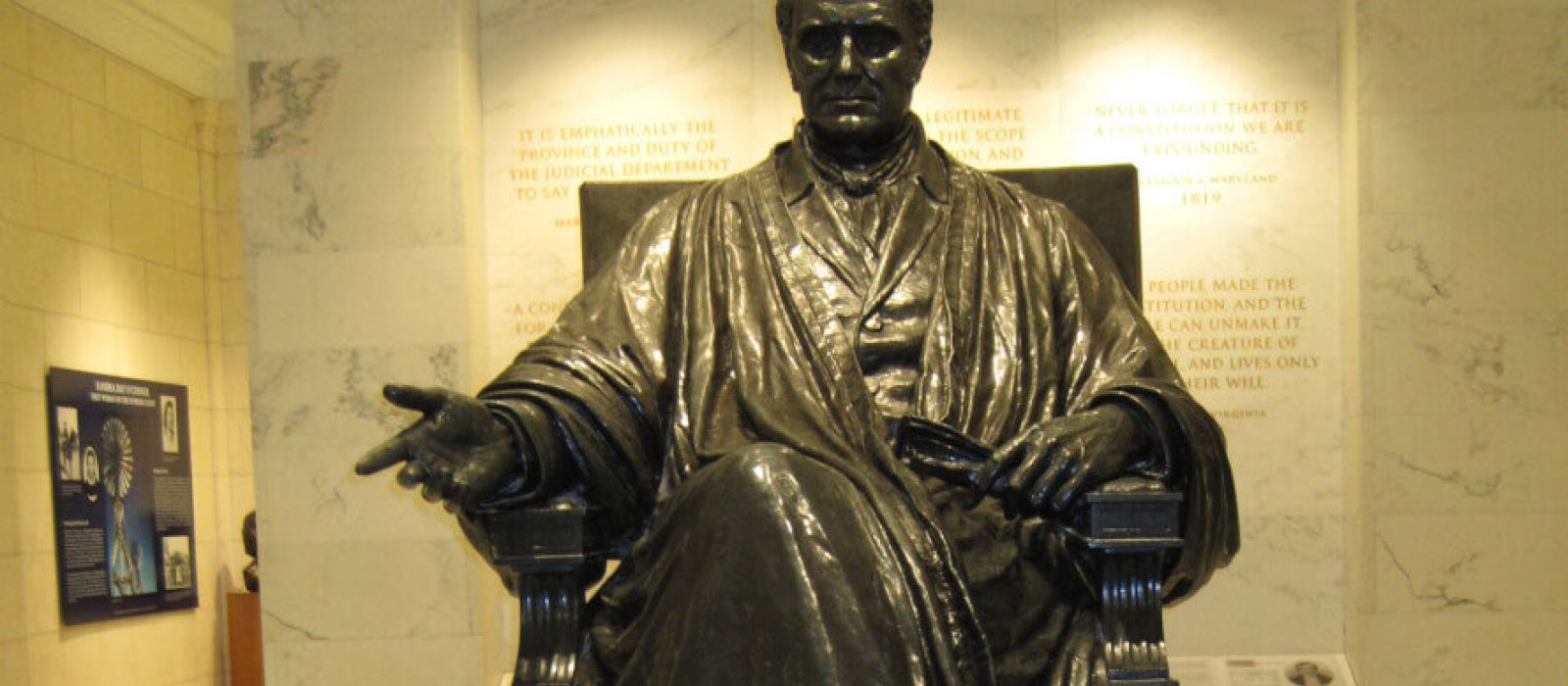

If we don’t win, you don’t pay.
NO WIN – NO FEE

ON CALL 24/7

U.S. Marine

If you’ve recently won a personal injury lawsuit in California, you may be wondering what steps you can take to enforce the judgment and collect the money owed to you. Here’s a step-by-step guide to help you implement a personal injury judgment in California.
1. Determine the Amount Owed
Before you can enforce a personal injury judgment, you need to determine the amount owed to you. This includes the amount of the judgment, any interest accrued, and any court costs or other fees associated with the case. You can obtain this information from the court where the judgment was issued.
2. Locate the Debtor’s Assets
Once you know the amount owed, you’ll need to locate the debtor’s assets to determine how to collect the judgment. California law allows creditors to seize various assets to satisfy a judgment, including bank accounts, real estate, and personal property. You can use various methods to locate the debtor’s assets, including skip tracing services, property records, and public records searches.
3. File an Abstract of Judgment
To put a lien on the debtor’s property and notify other creditors that you have a claim on their assets, you’ll need to file an abstract of judgment with the county where the debtor’s property is located. This will prevent the debtor from selling or transferring their property without first satisfying your judgment.
4. Garnish Wages or Bank Accounts
If the debtor has a job or a bank account, you may be able to garnish their wages or seize their bank account funds to satisfy the judgment. California law allows for wage garnishment up to 25% of the debtor’s disposable earnings or the amount by which their earnings exceed 40 times the minimum wage, whichever is less.
5. Execute on Real Property
If the debtor owns real estate, you can execute on the property by obtaining a writ of execution from the court and having the sheriff or a registered process server serve the writ on the debtor. This will allow you to seize and sell the property to satisfy your judgment.
Most lawyers who do personal injury are contingency fee lawyers. This means they get paid a percentage of what they collect. Usually, an insurance company pays. If the defendant has no insurance, they are sometimes called judgment proof, even with substantial assets. Since a personal injury judgment is not a secured debt, the defendant can go bankrupt with the entire conclusion without a fraud finding. The only solid type of court order is connected with criminal cases.
In those cases, a judge may order the defendant to pay restitution for the plaintiff’s serious injuries or someone’s death as a form of the victim’s restitution. But usually, insurance will cover at least some of the harm. Because of this, they are enforcing a PI law verdict, which we do not usually have to do regularly. Luckily, in most cases, insurance companies will pay off the judgment.
- The judgment orders the defendant to pay the jury award. So, if the case wins at trial, judgment favors the injured plaintiff.
If the judgment remains unpaid, it is usually due to bankruptcy. So, in that case, the plaintiff stands in line after the secured creditors. This is because the judgment remains an unsecured debt. If you can find rarer assets, the court can attach them. It is the same with garnishing wages. But often, the debtor works off the grid to avoid creditors like you. So, it’s not easy to enforce. So yes, you can enforce a judgment. The kicker is that most lawyers will want to be paid hourly because you will likely not get paid even if you win an order to enforce.
But if you have another legal issue or injury claim that was not discussed above, we can probably help. We have convenient locations all across the State of California, including San Bernardino, Torrance, Newport Beach, and Carlsbad. Call Ehline Law Firm Personal Injury Attorneys, APLC, now at (213) 596-9642.
Citations:
- California Courts. (n.d.). Collecting Your Judgment. Retrieved from https://www.courts.ca.gov/1254.htm
- California Courts. (n.d.). Enforcement of Judgments. Retrieved from https://www.courts.ca.gov/1244.htm
- California Department of Industrial Relations. (n.d.). Wage Garnishment Law. Retrieved from https://www.dir.ca.gov/dlse/wage-garnishment-law.htm

